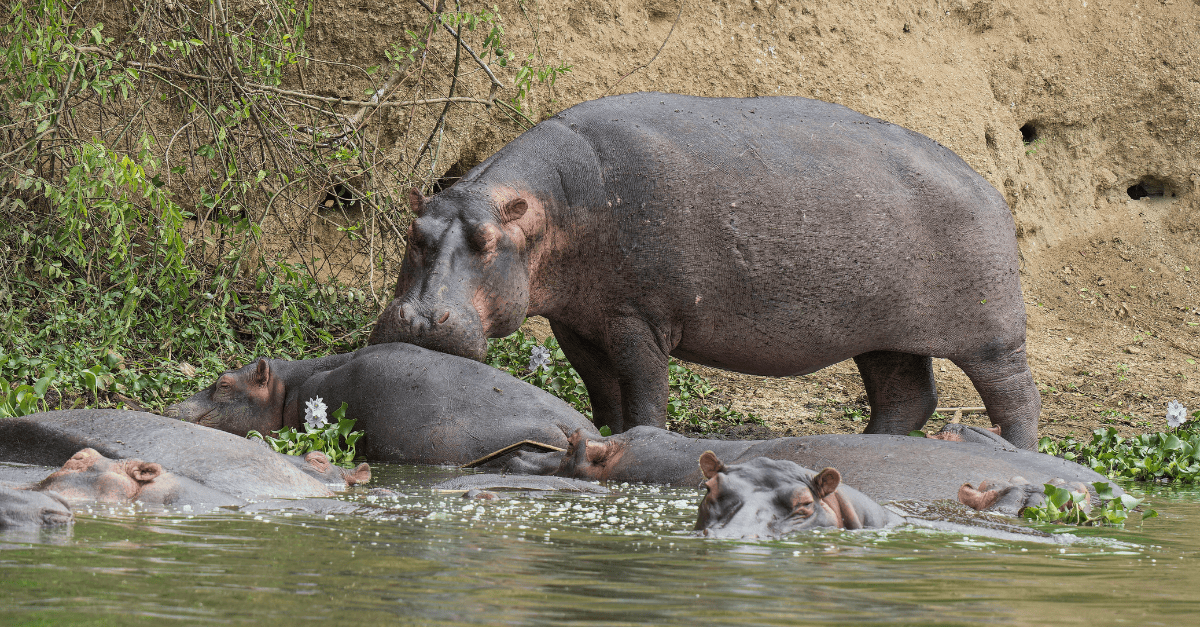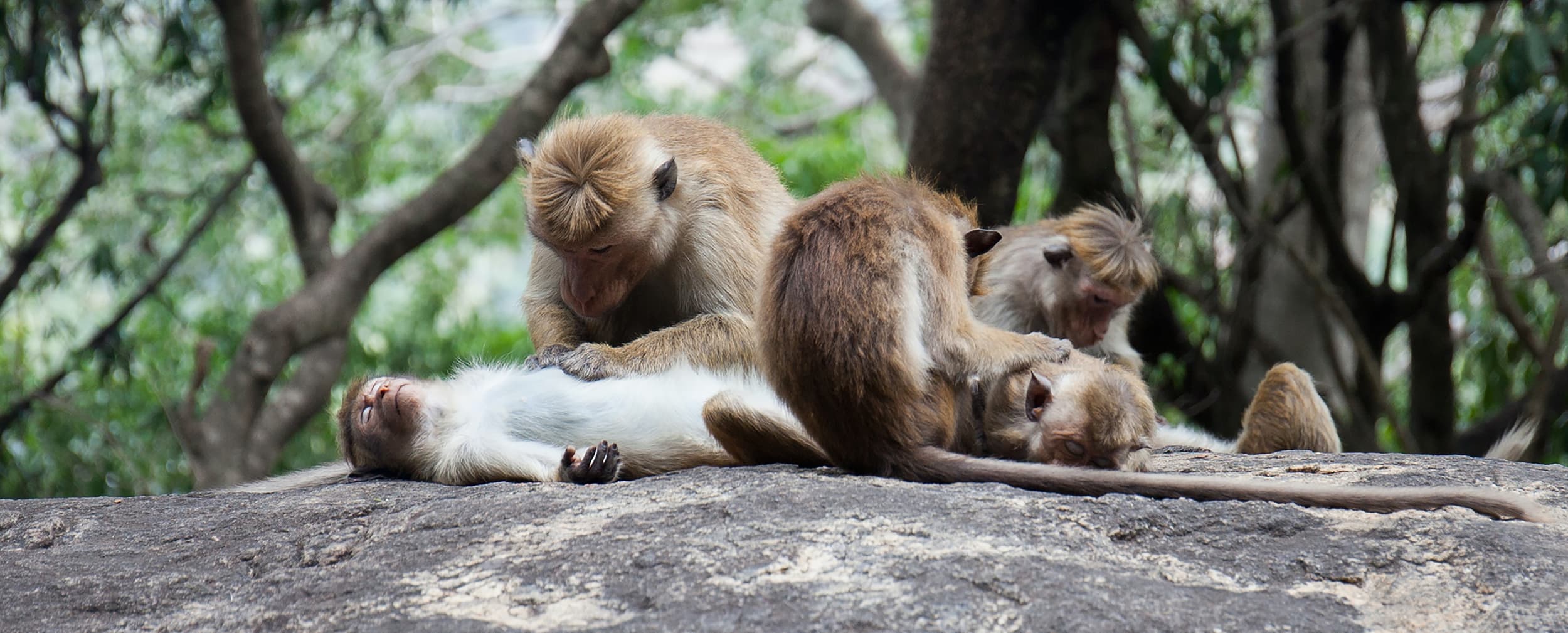Background
This previous blog explained the work of the World Federation for Animals (WFA) and our members in the run-up to UNEA 5.1.
When UNEA 5.1. finally arrived, it was rather an anti-climax for WFA, and for civil society more generally. This first virtual UNEA consisted of a brief two-day procedural meeting, with two short Plenary sessions and two half-day “Leadership Dialogues”. Due to the “technical limitations” of the platform used for UNEA 5.1, there were only a limited number of “active” seats for Major Groups (with speaking rights). WFA was included for the first Plenary session, as one of a few organisations that had been “actively engaged with UNEP in the past”, but not for the final high-level Plenary. Listen-only links were available for the two “Dialogues”, which were actually a stream of set piece statements, rather than an interactive discussion.
However, the UNEA President, Mr. Sveinung Rotevatn (Minister of Environment and Climate of Norway) did specifically mention the need for participation, so there is hope for more meaningful engagement in the resumed physical session at UNEA 5.2.
Whilst the Plenary sessions were more procedural, the Leadership Dialogues had the potential to be more inspirational. However, seasoned advocates were disappointed when there was more reiteration of past messages than new actions to turn the tide of the triple crises of climate change, biodiversity loss and pollution, or the need to prevent future pandemics. Most of the talks were about how well the countries were doing, so a cheap kind of PR, without really going into a discussion on how to improve policies and actions.
Opening the Dialogues, the Deputy Executive Director of the United Nations Environment Programme (UNEP), Joyce Msuya, spoke about the inextricable linkages between the health of people and nature, stating that we must “make peace with nature” – otherwise we will increase the risk of future pandemics through zoonoses. We must address the three crises of climate change, biodiversity loss and pollution together in a coordinated and integrated way. And use the pandemic as an “opportunity” to put in place green recovery. We have to invest in the circular economy, and address sustainable consumption and production. For WFA, the path lies wide open to integrate animal issues into this debate as it is now too implicit. Animals are indeed part of “nature” but need an explicit mention as being sentient beings and demanding special treatment and policies.
UNEP Synthesis Report
Just before UNEA 5.1. UNEP released its first Synthesis Report “Making Peace with Nature”: A scientific blueprint to tackle the climate, biodiversity and pollution emergencies which was based on evidence from global environmental assessments. This report examines how climate change, biodiversity loss and pollution can be tackled jointly within the framework of the Sustainable Development Goals. This report includes 66 references to animals: Most of these refer to aspects such as animal diseases, animal species, animal extinctions and pollinators. However, the report does also refer to the need for practices to improve animal welfare.
UNEA Outcomes
The main outcomes of UNEA 5.1. can be found here. These are:
- Message from online UNEA-5
- UNEA Report
- Management of trust funds and earmarked contributions
- Medium-term strategy for 2022–2025 and programme of work and budget for the biennium 2022–2023
- Adjournment and resumption of the fifth session of the United Nations Environment Assembly
As regards 2022 in-person events:
- The open-ended Committee of Permanent Representatives (OECPR) will resume its fifth session from 21 to 25 February 2022.
- UNEA 5 will be resumed by convening at UNEP headquarters in Nairobi from 28 February to 2 March 2022.
- The UNEA 5 resumed session will finalise implementation of the mandate given by General Assembly resolution 73/333 of 30 August 2019 to prepare a political declaration for a UN high-level meeting (and invited the General Assembly to consider the appropriate event for the adoption of such a declaration).
- A special session of UNEA will be held to commemorate the fiftieth anniversary of the establishment of UNEP, to be held for two days on 3 and 4 March 2022 in Nairobi, in conjunction with the resumed fifth session of the Environment Assembly
WFA played an active role in the Global Major Groups and Stakeholders Forum (GMGSF), which prepared civil society’s input to UNEA 5.1. This is explained in more detail in this earlier blog.
Here is the Summary Report of the Global Major Groups and Stakeholders Forum.
The final outcome document for this, which will be included in the UNEA proceedings, is here.
As can be seen, the GMGSF includes multiple mentions of animal welfare and animal issues, including the need to incorporate animal health and welfare in UNEP policymaking and programmes, including the One Health-One Welfare approach; and the need to transform food systems. This is a combined civil society position which we can build on in the run up to UNEA 5.2.
Way ahead
The theme and pillars of UNEA 5.2. are very relevant to the work of WFA. These are:
Theme: Strengthening Actions for Nature to Achieve the Sustainable Development Goals
Pillars:
- Nature for Climate
- Nature for Sustainable Food Ecosystems
- Nature for Human and Ecosystem Health
- Nature for Poverty Eradication, Jobs and Economic Prosperity
In preparation for this work, the Major Groups Facilitating Committee has established six thematic working groups to facilitate Major Groups’ input into UNEA 5.2. Of these, WFA and its Founding Member Compassion in World Farming (CIWF) have been appointed as facilitators, as follows:
- Nature for Human and Ecosystem Health (including role of UNEA 5 in COVID 19 recovery): Jessica Bridgers, WFA Policy Director;
- Environmental Governance (including in the light of the COVID Pandemic): Leida Rijnhout, WFA Chief Strategy Officer; and
- Nature for Sustainable Food Systems: Angela Wright (CIWF).
WFA will also take part in the work of other clusters.
WFA is working with the African Network for Animal Welfare (ANAW), partners, and the African Union’s Inter-African Bureau for Animal Resources (AU-IBAR) to support a move to introduce a resolution on Animal Welfare for a Healthy, Humane and Sustainable Environment at UNEA 5.2.
WFA is also discussing with Major Groups the need for follow-up to ensure full and meaningful stakeholder engagement in UNEA 5.2. and beyond.
Submitted by the WFA Policy Team:
Leida Rijnhout, Chief Strategy Officer | Jessica Bridgers, Policy Director | Janice Cox, Policy Advisor | Sabine Lennkh, Legislative and Policy Advisor
UNEA 5.1. Coverage
There is coverage of UNEA 5 in a number of places. For example:
All pre-session and post-session resources including documentation and meeting recordings are available on the UNEA-5 website.
All statements and video recordings are available here.
The Video recordings can also be accessed through UNEP’s YouTube channel.
Highlights and images of main proceedings for 22 February 2021
Highlights and images of main proceedings for 23 February 2021
The “contribution of the environmental dimension of sustainable development to building a resilient and inclusive post-pandemic world” was discussed by delegates taking part in two “leadership dialogue” sessions. The video showed at the opening of these sessions can be seen here.
Summary Report of the Global Major Groups and Stakeholders Forum (GMGSF).
The final outcome document is here.
The GMGSF includes multiple mentions of animal welfare and animal issues, including the need to incorporate animal health and welfare in UNEP policymaking and programmes, including the One Health-One Welfare approach; and the need to transform food systems. There is more on this in this earlier blog.
The World Federation for Animals intends to elevate the awareness around animal welfare and animal advocacy on the global stage and at the UN.
Our mission is to improve the well-being of all animals and end exploitation and suffering. We envision a world in which animal sentience is respected; and all animals live a good life, with their well-being protected.





